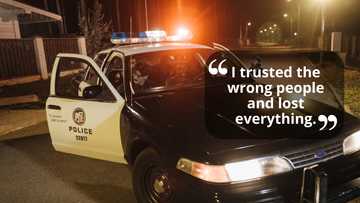A Routine Deferment, a Normal Takeoff — Then the Tape Played, and the Story Changed
At rotation, the Captain's tight and shaking voice broke through the headset: "Losing power… left engine." I remember my fingers freezing on the throttle. The aircraft had just lifted off the runway, a few feet between us and the tarmac, when the thrust dipped like a heart skipping a beat.
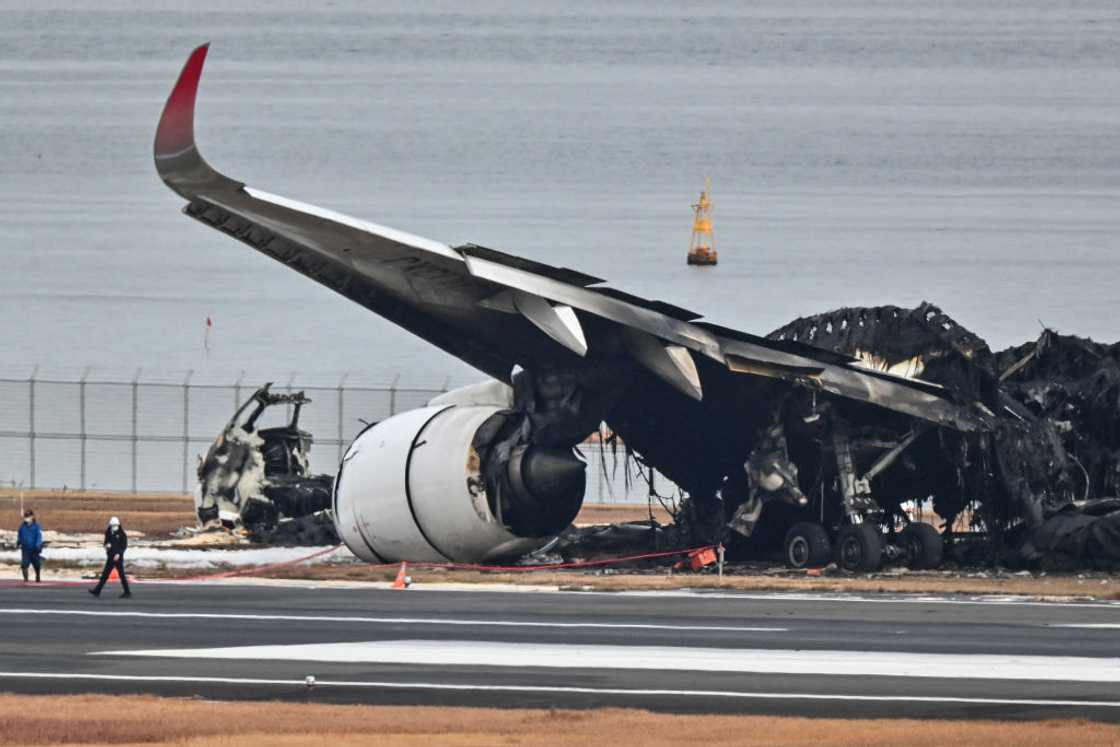
Source: UGC
"Mayday, Mayday, Mayday," Captain Omphile Thato declared, his tone professional but with that crack every pilot dreads, the one where experience meets inevitability.
The alarms wailed. Passengers screamed. My body worked on muscle memory—right rudder, nose level, pitch control—while my mind was already detaching, watching everything from outside myself.
We weren't climbing. The airspeed bled away like air from a punctured tyre. And then the world tilted, sky to earth, blue to brown, and silence followed the noise as if God pressed mute.
The next thing I remember was fire and the smell of burnt aviation fuel. I should have died with him. But I didn't.
PAY ATTENTION: Briefly News is now on YouTube! Check out our interviews on Briefly TV Life now!
And that single truth has haunted me every day since that morning.
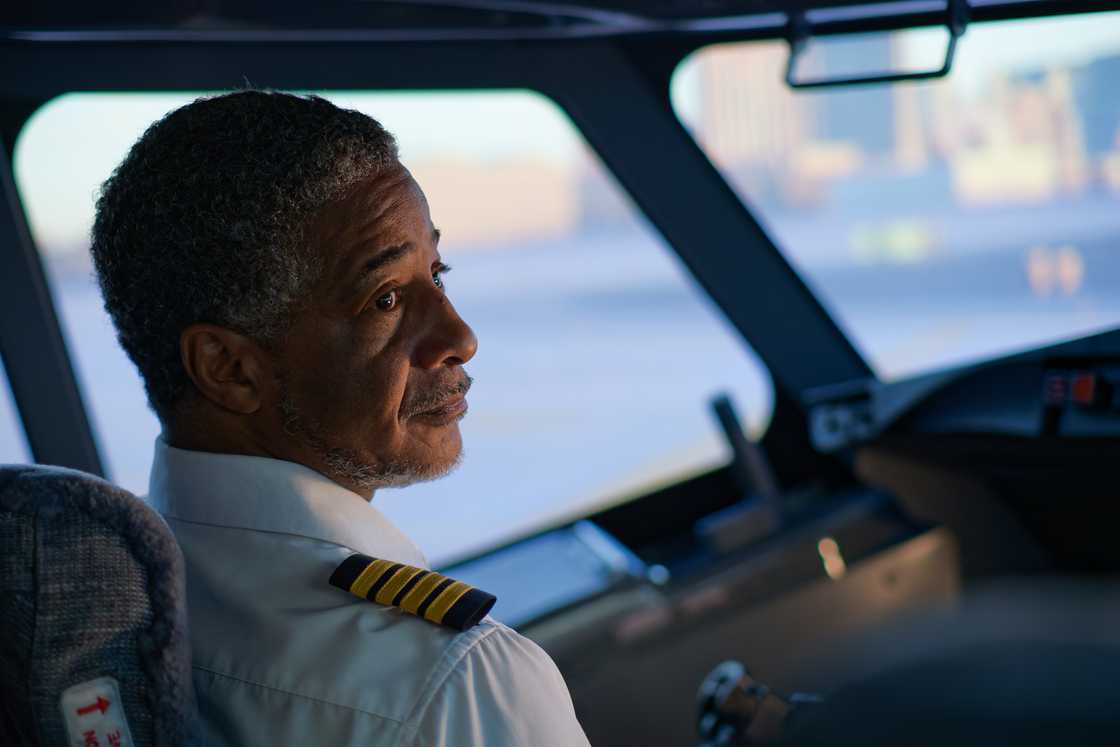
Source: Getty Images
Captain Omphile Thato was everything I wanted to be in aviation: steady, unflappable, and respected.
He had twenty-one years in the cockpit. I had six. We'd flown together seven times before, always on Johannesburg–Pretoria or Pretoria–Durban routes. He called me "young blood," even though he knew I hated it.
"Patience, Karabo," he'd say, eyes still on the instruments. "Flying isn't just about handling the aircraft. It's about handling yourself."
Omphile was old-school, the kind of Captain who still carried a paper flight log and believed technology could fail, but discipline couldn't. I was the digital generation, confident, quick, maybe a little cocky.
We balanced each other out.
That morning, everything was normal. Flight 221 of Eagle Sky Airways, a local carrier with an impressive safety record, was scheduled for a 7:35 a.m. departure. Johannesburg was already boiling with humidity, but visibility was perfect.
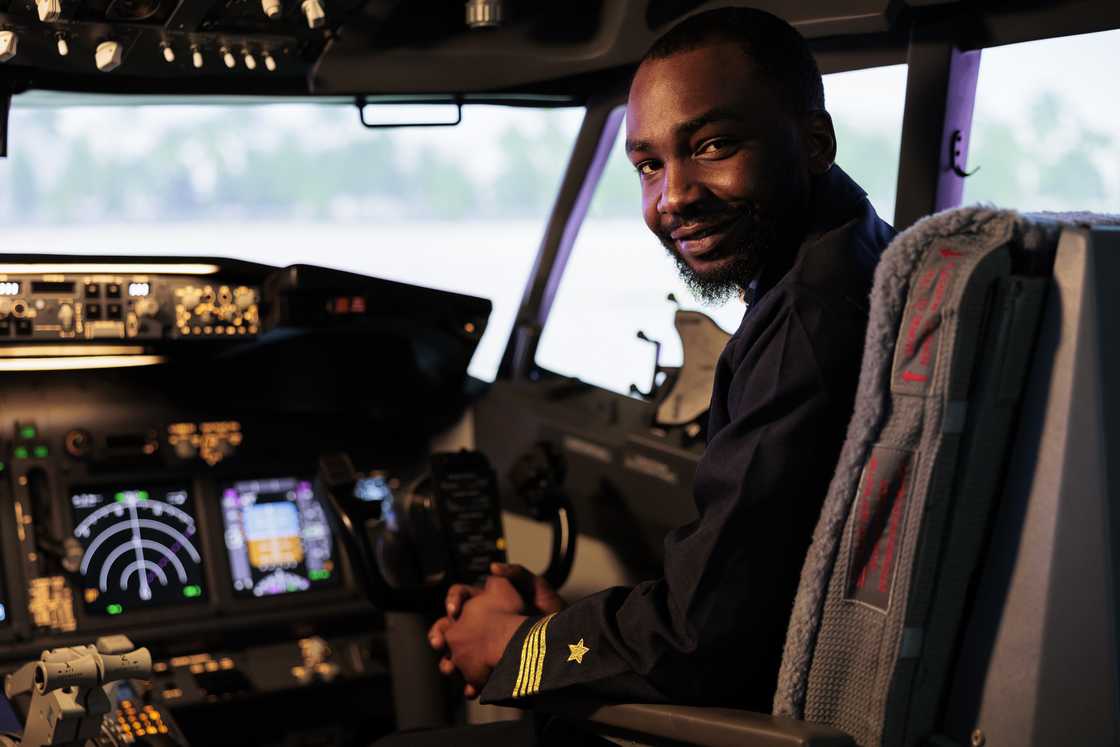
Source: Getty Images
Preflight checks: all normal. Taxi clearance: smooth. Push-back: on time.
Passengers were boarding with the usual chatter: business travellers, a young mother with twins, and a man in a navy suit talking too loudly on his phone.
We joked about it while the cabin crew closed the doors. I didn't know that would be our last laughter.
Omphile had been mentoring me beyond the cockpit, too. During layovers, he'd talk about balance, faith, and humility. "Don't ever let the uniform make you forget who you are," he told me once at the hotel lobby in Pretoria. He said he'd seen too many pilots turn arrogant, chasing promotions and ignoring their limits. I'd laughed then, promising I'd stay grounded.
He'd smiled and said, "Grounded people make safer pilots." He even gave me his old logbook cover, cracked leather with his initials burned into it. "For when you start commanding," he'd said.
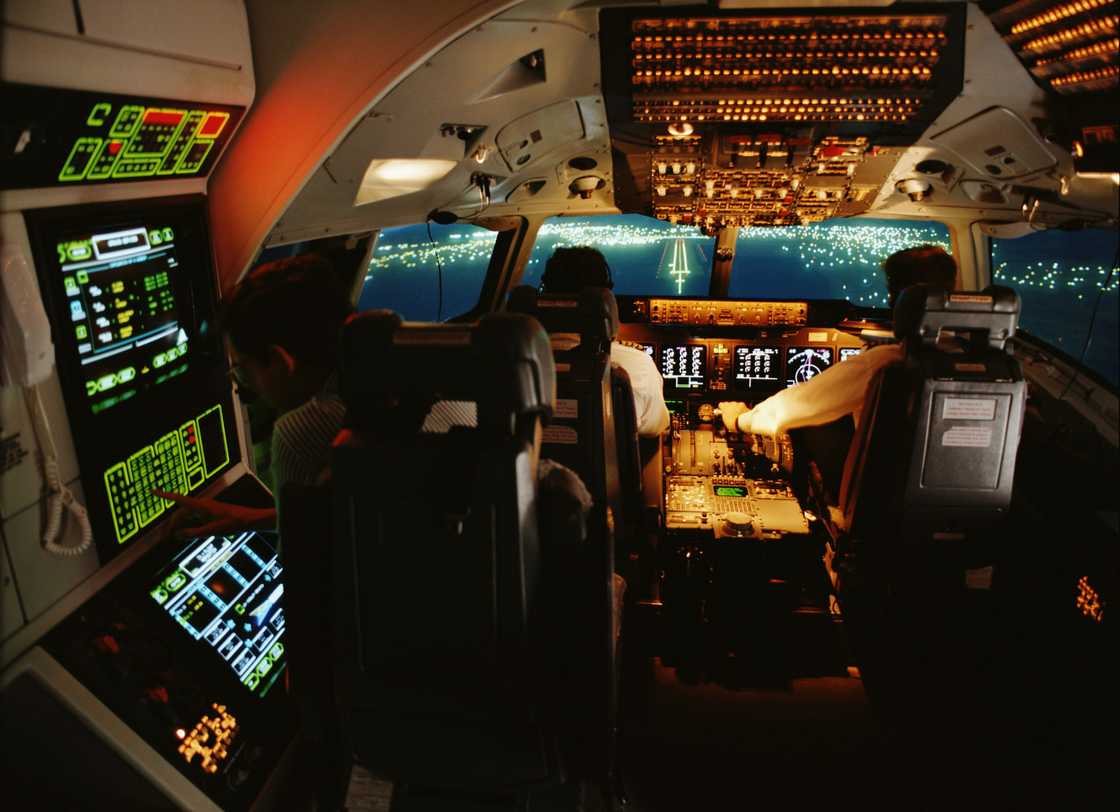
Source: Getty Images
That small gesture carried more weight than any award I'd ever received. Looking back, I think he was preparing me for something I couldn't yet imagine—a moment where integrity would mean more than survival.
Omphile had recently been shortlisted for an airline safety board position. He said, "After this rotation, I'll take a break from active flight duty."
I told him I'd hold down the fort till he came back.
He smiled, adjusted his cap, and said, "Karabo, flying is a privilege, not a right. Never forget that."
Those words hit differently now.
The first sign of trouble wasn't dramatic. It was subtle, a soft vibration under the left rudder pedal.
We were accelerating through 110 knots when I noticed the left engine's N1 indicator flicker. I frowned and tapped the gauge, thinking it was just a sensor glitch.
"Speed alive," I called out, voice steady.
"Checked," Omphile responded.

Read also
My Aunt Used My Photos for Religious Clout — I Disowned The Fake Image of Me and Lost Relatives
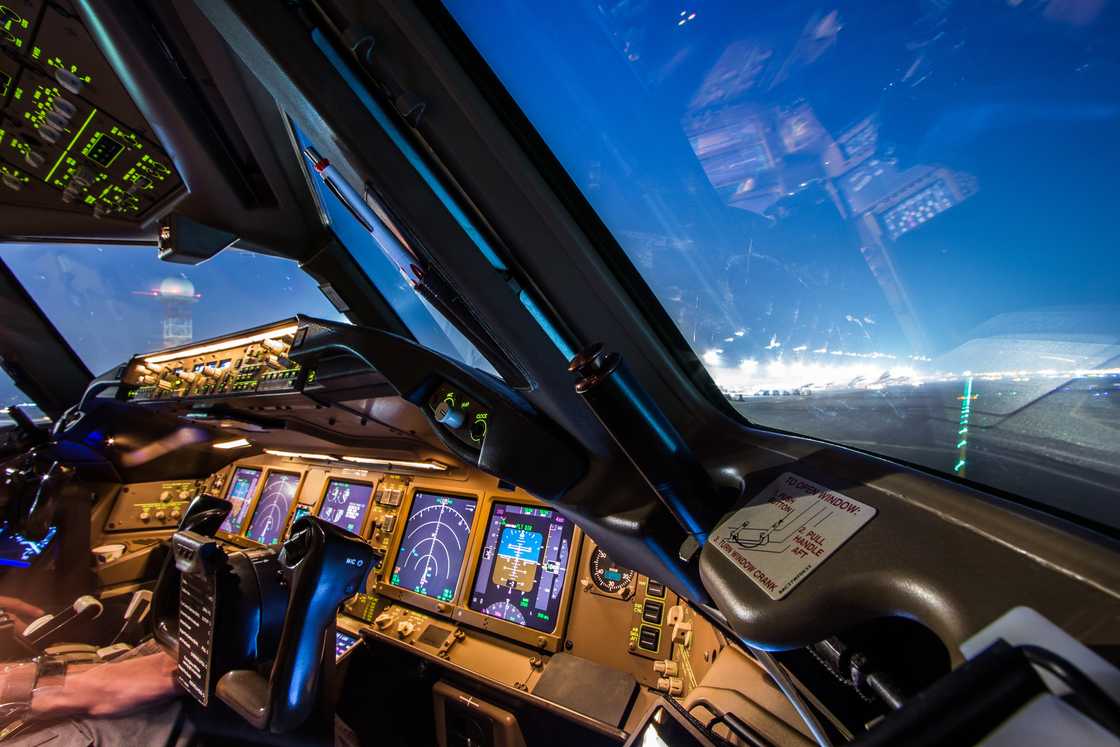
Source: Getty Images
Everything else seemed fine, with engine parameters within limits and no warnings. So we continued.
"V1," I announced.
"Rotate," Omphile commanded.
He pulled back gently. The aircraft's nose lifted, then the sound changed.
It wasn't a bang or pop. It was a fade, like someone dimming a light. The thrust dipped, our climb stopped, and the controls went heavy.
I glanced at Omphile, his eyes sharp and calm, the man I'd admired since flight school. He looked at me once—no words, just a nod that said, "Stay with me." That single gesture steadied me more than the checklists ever could.
My heart pounded so loud I could hear it over the stall warning. Sweat traced my temple, yet I clung to the rhythm of his voice. It wasn't just a flight anymore; it was a test of faith, brotherhood, and trust.
"Losing power… left engine," he said quickly.
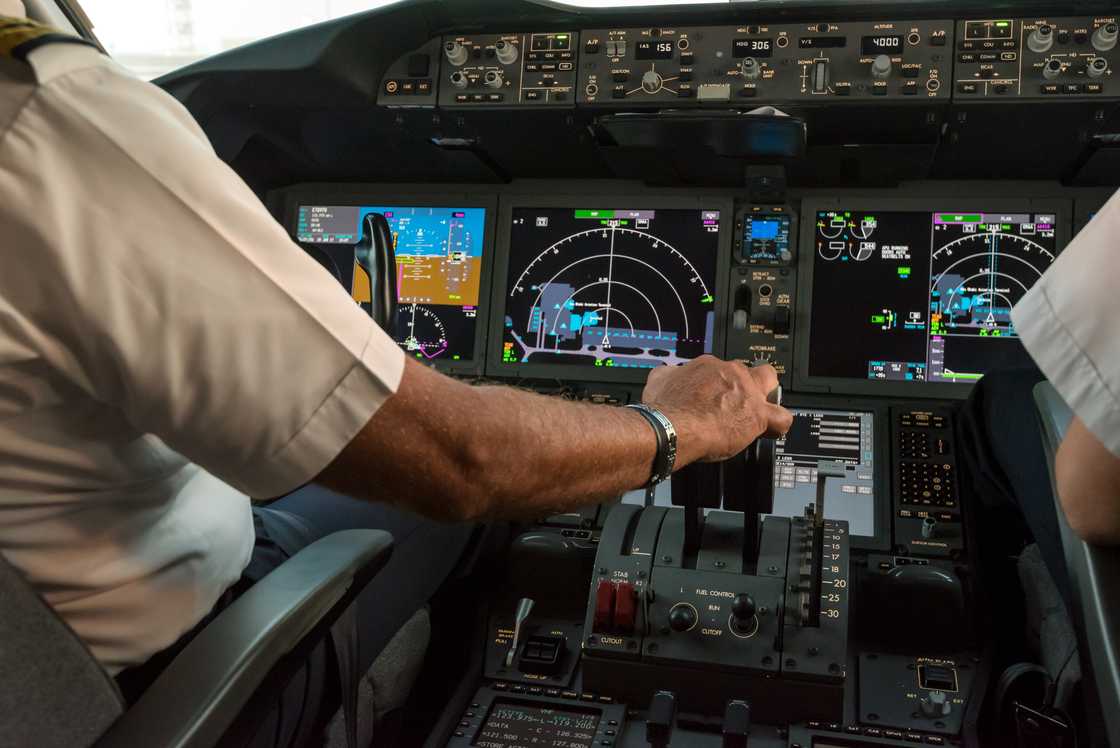
Source: Getty Images
I scanned the panel. With EGT rising and RPM dropping, it didn't make sense. We weren't even at 400 feet AGL.
"Mayday, Mayday, Mayday, Eagle Sky 221, engine failure, returning to field," he transmitted.
The tower responded instantly: "Eagle Sky 221, Johannesburg Tower, cleared to land any runway. You are number one."
But there was no landing. We were barely airborne.
"Positive rate," I called automatically, but there was no climb to confirm. "Gear up?" I asked, already knowing it was useless. "Negative, leave it. We're not stable," Captain barked, trying to hold his attitude.
The stick shaker buzzed—stall warning. The nose was too high. "Pitch down!" I shouted. "I've got it!" he snapped, but the aircraft wasn't responding cleanly. We were fighting a losing battle. The left engine was surging, spooling up and down like a dying heartbeat.
"Omphile, right engine's still good," I said, flipping through the emergency checklist. But he was already there. "Feathering left, maintain directional control."

Read also
My Wife Had an Affair While Travelling for Work — I Confronted Her and Gained Custody of Our Kids
We tried. God knows we tried.
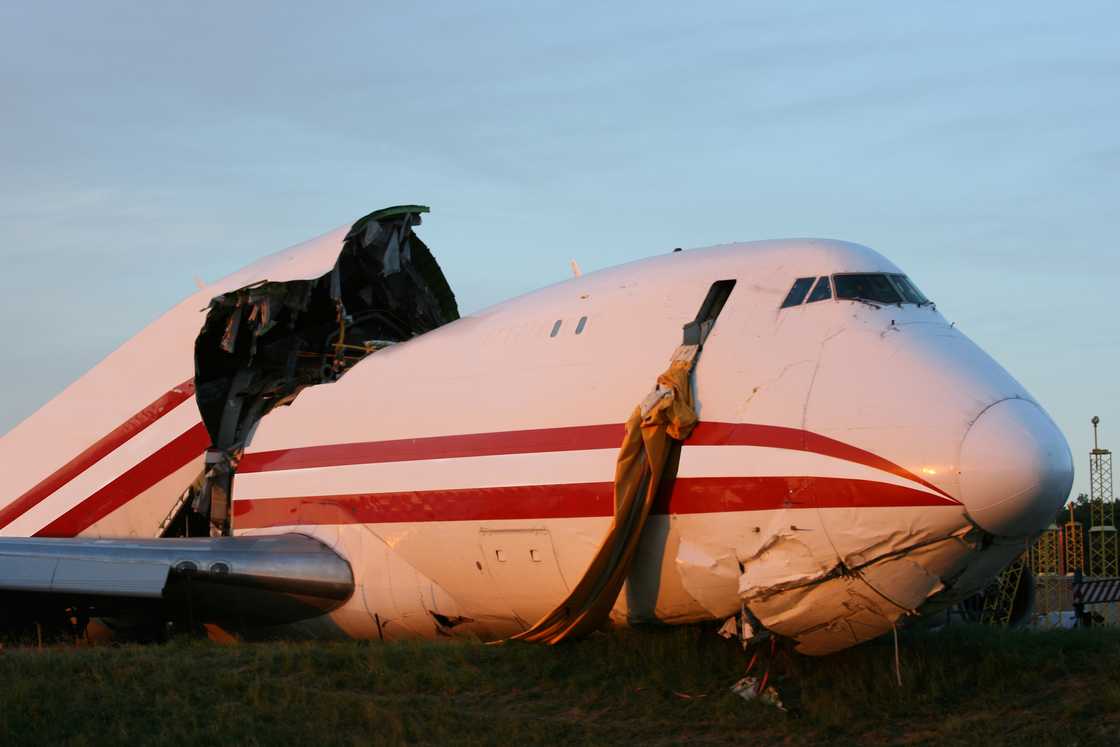
Source: Getty Images
At 300 feet, the stick went soft again. Stall warning returned, louder this time. The horizon tilted.
"Brace!" I screamed into the intercom.
And then, ground.
A roar. A tearing sound like the world splitting open.
When I opened my eyes, I was upside down, strapped to my seat, smoke choking the air. The cockpit was half buried in mud and metal.
"Omphile!" I shouted, unbuckling.
He didn't answer.
The front panel had crushed inward, trapping him. Flames were crawling up from under the fuselage. I grabbed the extinguisher, but the smoke was too thick.
"Go, Karabo," he rasped suddenly, faint but clear. "Tell them what failed… tell them not to hide it."
Then the fire surged, forcing me back. I stumbled out through a hole torn in the fuselage, screaming his name until my throat burned.
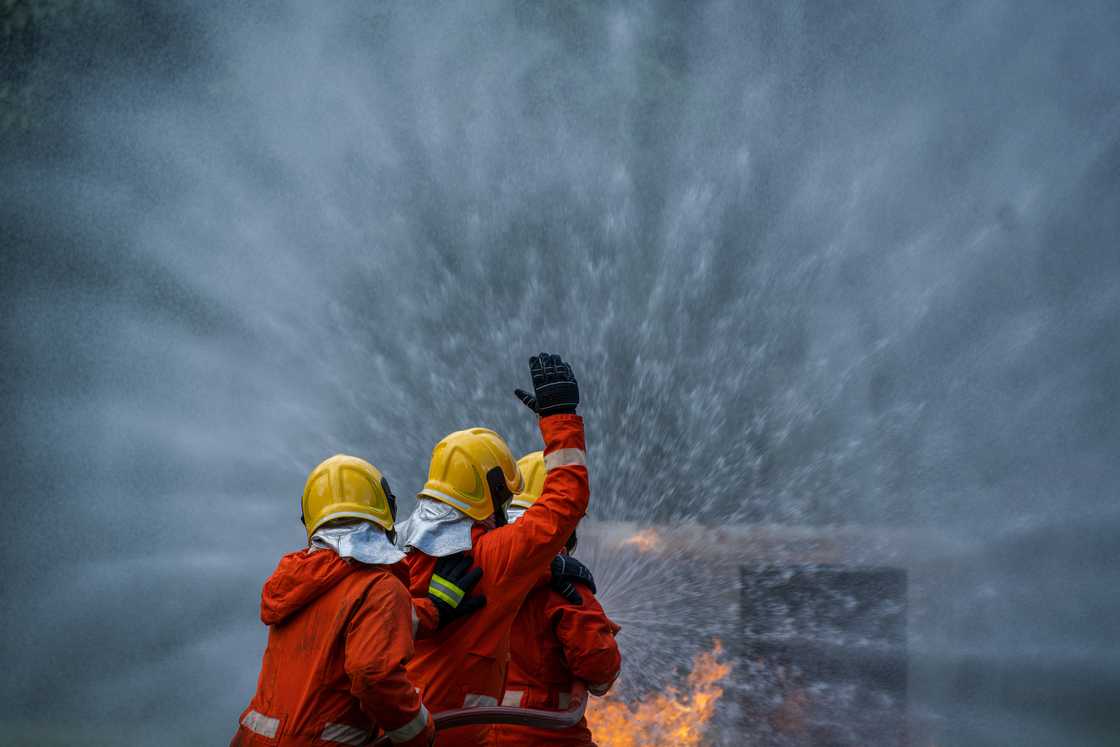
Source: Getty Images
The crash site was chaos, debris, crying survivors, and a fireball in the distance. I collapsed on my knees in the grass, my hands trembling.

Read also
My Mother Used My Identity to Start a Fake Romance — I Exposed the Truth and Restricted Her Control
We had lost half the cabin.
But I had heard his last words. And I knew exactly what he meant.
Two weeks later, the flight recorder was recovered.
Investigators called me to Pretoria for the preliminary hearing. I sat through hours of data review, trying to hold myself together as the audio replayed.
"Losing power… left engine." “Mayday, Mayday, Mayday.”
My voice cracked on the recording. The world now knew how terrified I had been.
But then something strange surfaced. The left engine hadn't truly failed. According to the manufacturer's data, it had responded exactly as programmed.
The issue wasn't the hardware. It was the sensor. A single faulty sensor had fed false readings into the Engine Control Unit, tricking the system into shutting down fuel flow. The left engine had power. It just didn't know it.
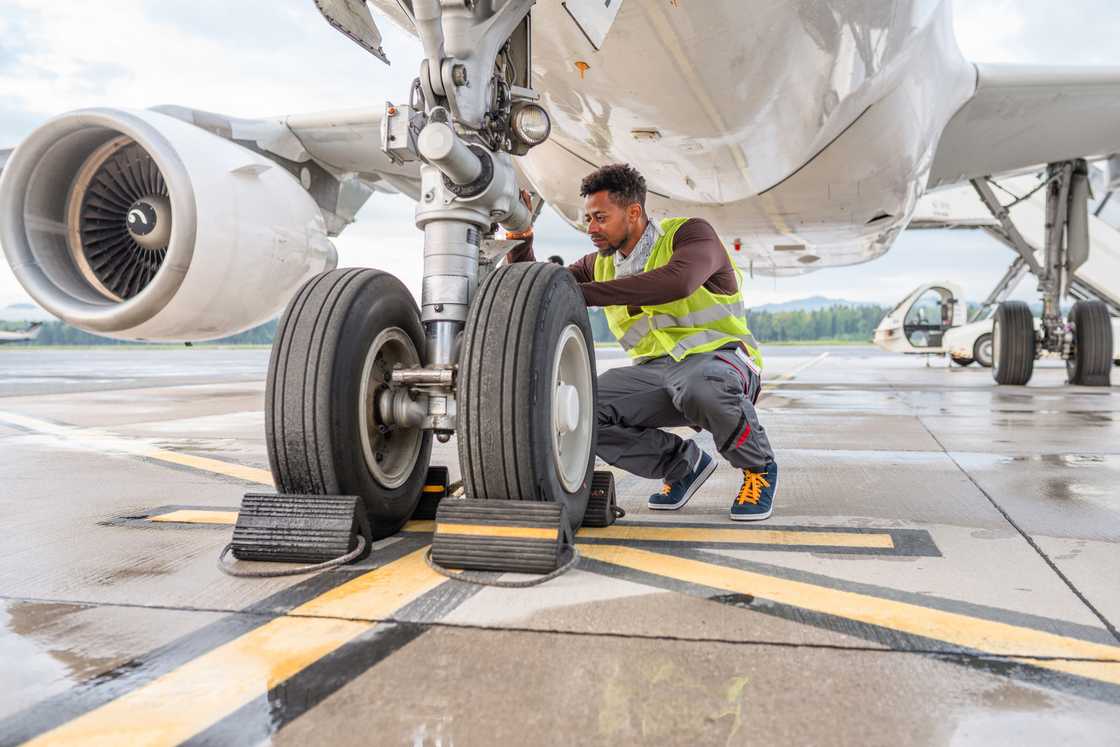
Source: Getty Images
Maintenance logs revealed that the same sensor had flagged minor discrepancies for weeks, and the airline had marked them "non-critical."

Read also
I Felt Guilty For Leaving My Boyfriend At His Low Point — I Discovered He Recycled Emotional Crises
Omphile had mentioned it once, jokingly: "These sensors are like marriage; they act up, you reset them."
Now he was gone because someone had decided to defer a R2,000 replacement part.
South Africans were furious when the final cockpit audio was released to the public. Social media exploded with #TransparencyForOmphile, and families demanded answers.
The airline issued a statement blaming "unforeseen technical factors." But I knew the truth. And it was written in Omphile's final request: "Tell them what failed."
I testified before the inquiry board. My voice shook as I said, "The sensor didn't fail us; negligence did."
Silence followed. Cameras clicked.
That night, I couldn't sleep. I replayed his voice in my head, calm, steady, dying with duty intact.
He'd told me to tell the truth. So I did.
And it cost me everything.
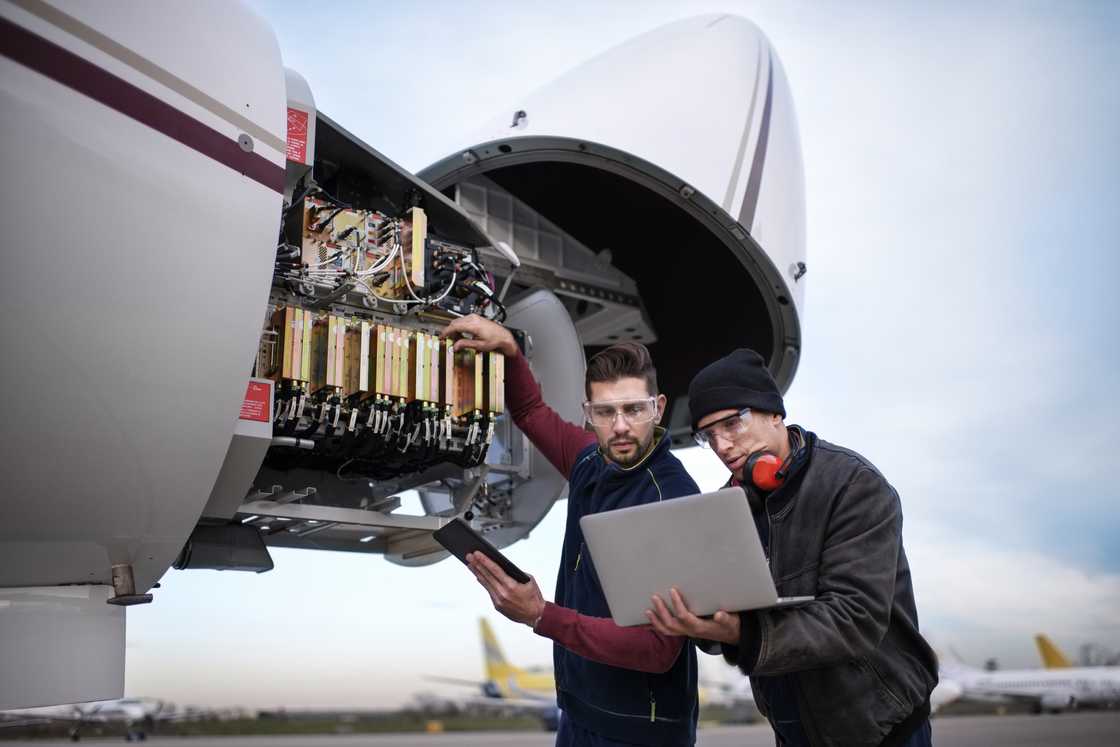
Source: Getty Images
After my testimony, Eagle Sky Airways grounded its fleet. Interim airworthiness checks were ordered across South Africa, and the South African Civil Aviation Authority opened a full audit.
Publicly, I became "the survivor."
Privately, I became a ghost.
I couldn't board an aircraft without trembling. The hum of turbines triggered flashbacks, and even the smell of jet fuel made my stomach twist.
They offered me counselling. I went once. The therapist asked, "Do you feel guilty for surviving?"
I said nothing because guilt wasn't even the right word; it was something more profound, like carrying someone else's heartbeat that wouldn't stop echoing.
Omphile's family reached out. His wife, Thandiwe, hugged me at the memorial. She whispered, "He trusted you. He'd be proud you spoke."
But pride didn't fix the nightmares.
I left the airline three months later. I couldn't keep flying. Instead, I joined the Accident Investigation Bureau as a safety liaison, turning pain into policy, one report at a time.
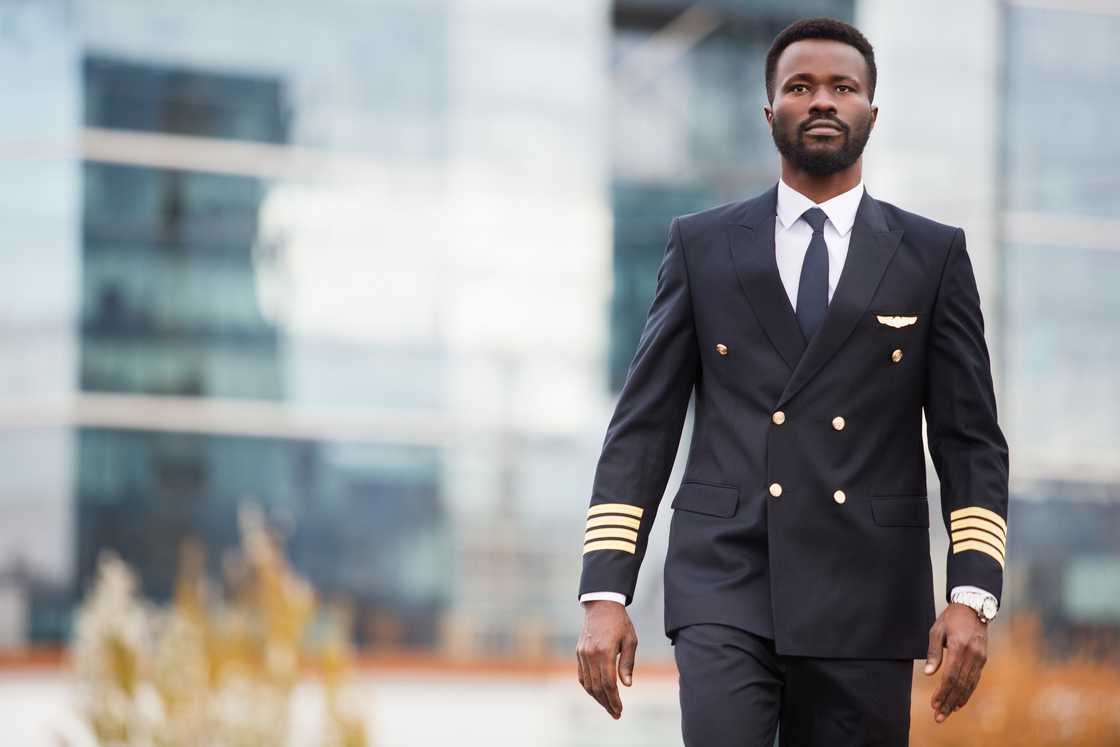
Source: Getty Images
One afternoon, an email arrived from the aviation authority. The official report had been finalised, and the cause was a faulty engine control sensor and an improper deferred maintenance procedure by Eagle Sky Airways.
The conclusion echoed Omphile's words: Transparency after tragedy drives safer tomorrows.
They sent me the final recording, which was cleaned and made public. I sat in my living room, headphones on, listening again:
"Losing power… left engine."
“Mayday, Mayday, Mayday.”
Static.
Silence.
Then my own voice: "Pitch down! I've got it!"
It hit differently this time. I wasn't just hearing the end of a flight. I was hearing the end of an era of silence in our aviation industry.
In that silence, I heard everything I had been running from—the prayers whispered by passengers, the steady composure in Omphile's voice, the soft click of controls that would never respond again.
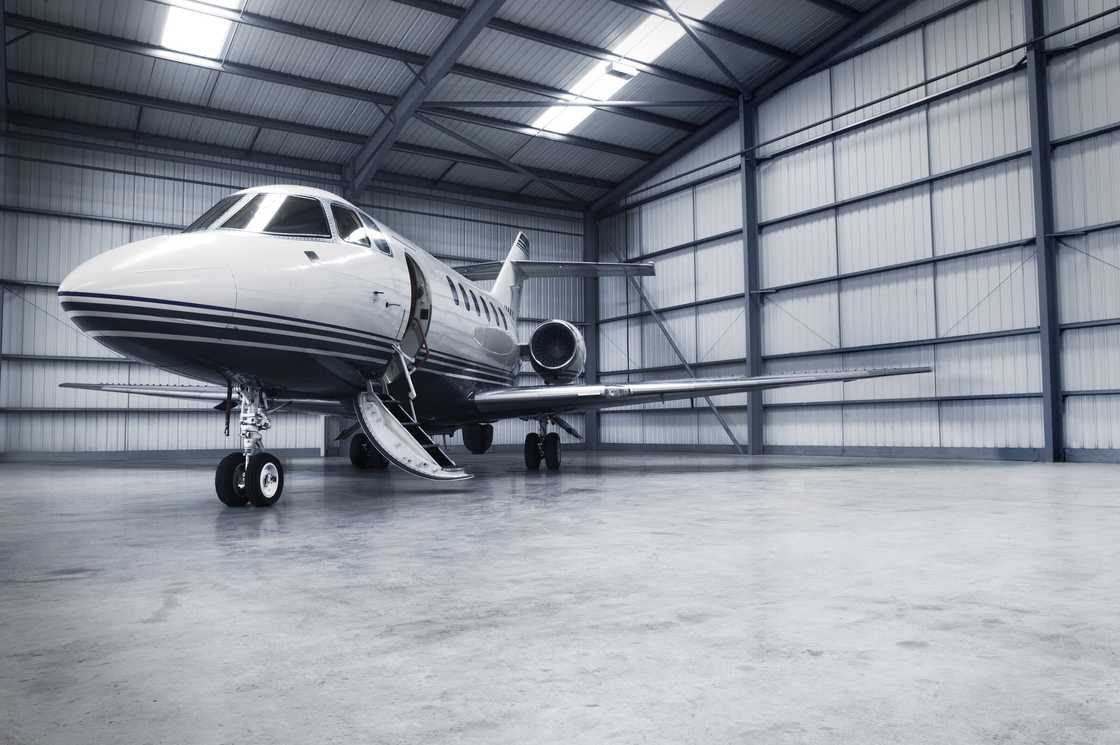
Source: Getty Images
I realised survival wasn't about escaping the crash; it was about learning to carry the weight of memory without letting it crush you.
Every time I visit the hangar, I still place my palm on the cold metal of an aircraft and whisper a quiet "thank you." Not to the plane, but to the man who taught me that courage can sound like calm in chaos. That truth has become my compass, my way of keeping him alive in every decision I make.

Read also
My Ex-friend Said She Missed Me — I Blocked Her When I Realised She Only Wanted My Connections
Families of victims received compensation. The airline CEO resigned. A new directive required all sensor-related alerts to be addressed within 48 hours, no exceptions.
It didn't bring Omphile back. But maybe it kept another pilot alive.
At the following memorial, I stood by the wreaths laid near the runway. I touched his engraved name and said quietly, "I told them, Captain. I told them all."
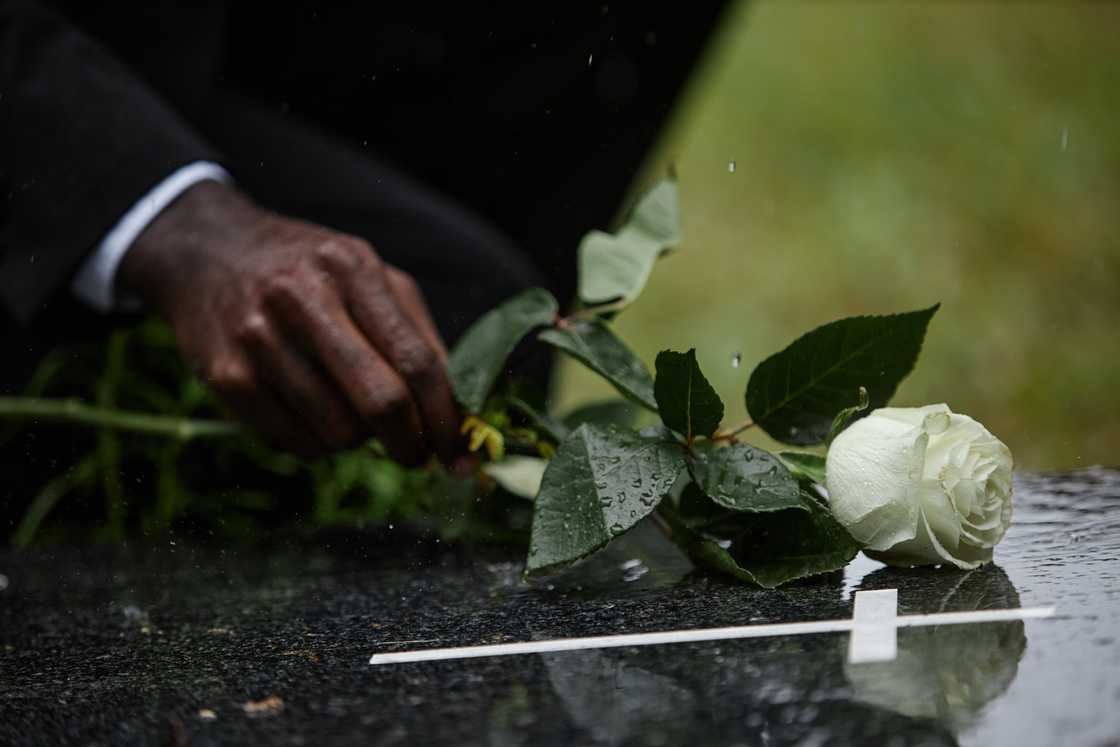
Source: Getty Images
The wind carried the smell of jet fuel, not as poison, but as remembrance.
And for the first time, I felt something like peace.
Flying taught me that perfection doesn't exist. Only preparation and truth do.
We build layers of safety: checklists, systems, redundancies. But all of it collapses when honesty is the missing layer.
Omphile wasn't just a captain. He was a guardian of integrity in a sky full of shortcuts. His last words weren't about fear. They were about duty.
I've replayed that day in my head thousands of times. What if we'd rejected takeoff? What if I'd noticed the flicker sooner? What if I'd been the one who died?
But grief isn't about answers. It's about learning to live with the questions.

Source: Getty Images
Now, when I speak to trainee pilots, I tell them: Your aircraft will only ever be as trustworthy as your culture allows it to be.
If one technician marks a fault as "minor" just to meet a schedule, if one manager says, "Fly it now, fix it later," or if one pilot hides a problem to save face, lives are traded for convenience.
Omphile's last flight became a national headline but a personal vow for me.
Never hide the truth, not from others, and not from yourself.
Because in aviation, as in life, what you refuse to face ultimately brings you down.
Would you rather be remembered for silence or for the courage to speak?
This story is inspired by the real experiences of our readers. We believe that every story carries a lesson that can bring light to others. To protect everyone’s privacy, our editors may change names, locations, and certain details while keeping the heart of the story true. Images are for illustration only. If you’d like to share your own experience, please contact us via email.
PAY ATTENTION: Follow Briefly News on Twitter and never miss the hottest topics! Find us at @brieflyza!
Source: YEN.com.gh






